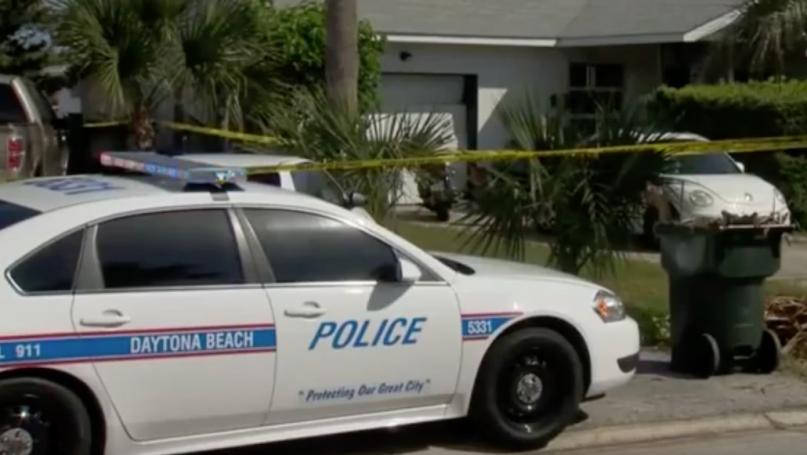
DAYTONA BEACH, Fla. -- East Central Florida's three tourism destination cities do not fare well in the 2018 rankings of US cities with a population of at least 25,000 residents. Sanford actually comes out ahead of Orlando and Daytona Beach with a rating of 4, with 100 being the highest safety rating. Orlando has a rating of 3. Daytona has the distinction of being ranked a 1, the lowest possible ranking from Neighborhood Scout.
Neighborhood Scout a credible source for a wide range of crime statistics and comprehensive analysis
Here is how the search engine explains its success: Most city neighborhood crime data are incomplete and inaccurate because crimes are reported by individual law enforcement agencies, rather than by city or town, and many cities – even small ones – have more than one agency responsible for law enforcement (municipal, university, county, transit, etc.). Even FBI data are reported by an agency not by city or town, providing an incomplete assessment of city-wide crime counts. It is an agency-centric rather than locality-centric reporting method. If you use FBI data, you only get city-wide general counts, and only from one agency in the city, so it is generally incomplete for the city overall, as well as not specific to a neighborhood or address.
